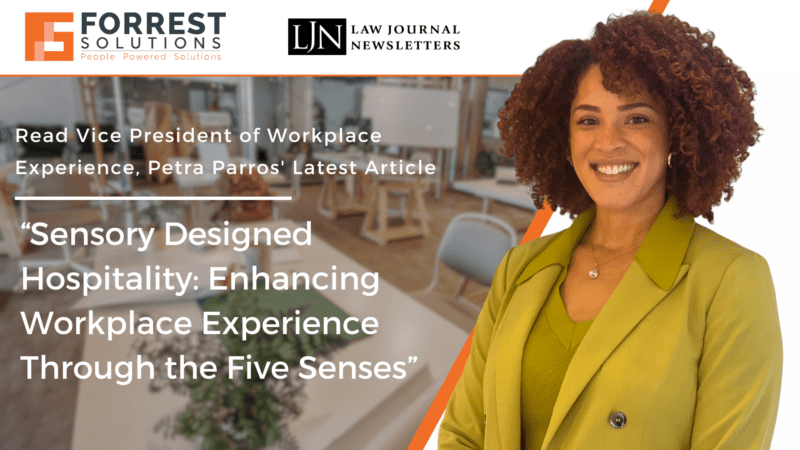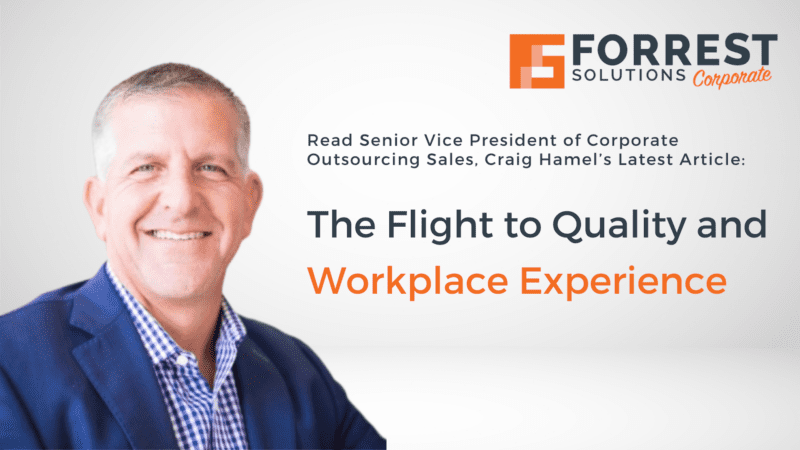
The Need to Optimize Real Estate
Organizations across industry sectors are utilizing less than half of their real estate. Kastle Systems reports that as of January 2024, the overall office occupancy rate is 48%.[1] As the annual spend on real estate increases year over year, the overhead expense is significant—and not utilizing half or more of it is of enormous concern.
Here’s a quick, reductive calculation—given the average full-service Class A asking rent is $45.85 per square foot[2], and at an approximate 99.6 million square feet[3] for organizations across verticals, we’re talking about a very large number of unused real estate per year — $21.9 billion dollars to be exact.
It should come as no surprise, in 2024, 75% of organizations plan to reduce their overall office footprint by cutting office square footage[4]. The declines in space have been even larger in high-cost gate way markets[5]. The truth of the matter is that a half-empty office is not only anathema to the bottom-line, but they also do not help promote culture and collaboration which is a major purpose of the in office experience. A recent study by Microsoft, in fact, showed quite clearly that the peer-seeking behaviors of professionals was the number one reason anyone wanted to go back to the office at all.[6]
Which brings us to the hot-button question of hoteling. While new to some sectors, hoteling strategies are in line with the practices of companies in other verticals where hoteling and 100% work flexibility have been successfully in place for some time. For many organizations, “clean desk” policies have long supplanted desk “ownership” and “private” office spaces. Technologies and support staff support hoteling in terms of wayfinding, meeting room and desk booking platforms, virtual reception and brand ambassadors have been embraced to create seamless experiences for staff and visitors alike.
Hoteling, Not Moteling
Here’s the thing: hoteling is not just showing up and being remanded to some random, below-grade equipment with questionable history. No, that experience is more akin to what one might receive at a “motel.”
“Hotels” on the other hand, are often some of the best experiences one can have—the Ritz Carlton, for instance, is by most accounts, an experience better than home.
The same logic is at play for organizations across verticals. Organizations shouldn’t be in the “moteling” game, but rather, the “hoteling” one. Hoteling that feels like visiting a 5 star hotel, and includes reliable reservation systems, pre-welcome instructions, a receptionist that is expecting your visit, a space that is cleaned and ready for your arrival, a welcome gift, IT support/cables, concierge services, catering, refreshments and so on—is an experience, by many accounts, better than home.
Hoteling has a negative connotation in some industries as little has been done to make the experience reliable and something to look forward to. The fact is, hoteling has worked very well in other industries for many years, and lessons learned here can help organizations on the fence.
We worked recently with one of the nation’s largest global investment groups on their workplace experience strategy for precisely these reasons. Leadership sought to engage with a service provider who could deliver exceptional concierge, event management, office services, and maximize its real estate footprint through hoteling. This transformation was all in an effort to reimagine its workplace experience to align it with the organization’s culture of excellence and elevate it to the level of a luxury hotel.
We were able to differentiate our offerings using a hospitality-first approach and decades of experience with workplace experience in some of the world’s largest and best-known brands including Big 4 clients, luxury commercial real estate brokerages, financial exchanges and more. Our team of over 45 recruiters have unmatched expertise in identifying culturally fit workplace experience talent in the most challenging and competitive markets in the country.
When this particular organization became cognizant of the depth and breadth of training required to actually deliver a workplace experience worthy of the term “hoteling” rather than “moteling” – including a WPX 1.0 and 2.0 training and certification program – the program really took off, rapidly expanding across the client’s 8 locations nationwide.
Today, workplace experience has transformed office life into a white-glove experience their professionals look forward to. When any of the stakeholders in the organization travels to another office, the experience is frictionless and five-star: from arrival emails welcoming the visitor to the office with custom instructions regarding the office location, to details about how the preferences have been confirmed, communicated and ready to enjoy upon arrival – right down to the specifics, for instance, of the preferred beverages and dietary requirements.
Leadership has been delighted to have found a partner who understands workplace experience, how to hire, train, and manage talent, and live the motto ‘exceptional talent serving exceptional talent.’
Conclusion
The Forrest Solution RTO survey suggested over 40% organizations have invested in reservation technology since the pandemic as they scramble to implement solutions. Technology is important, but it is only a part of the solution. Perhaps more important is the hospitality that glues everything today.
There is a cost to these elevated hospitality services, but the benefit of successfully optimizing space coupled with happy professionals more than offsets it. The ongoing trend to invest in technology and hospitality rather than real estate is the key to endure employees have a more hoteling than moteling experience.





